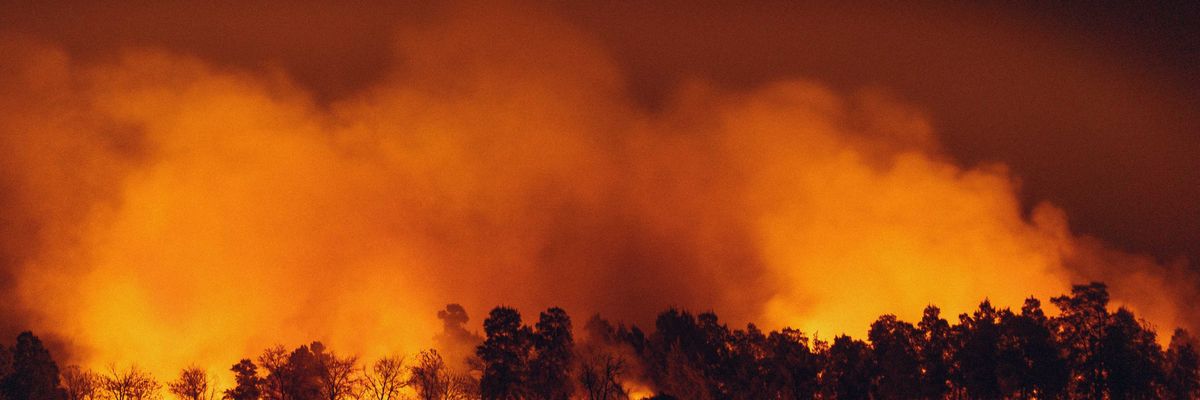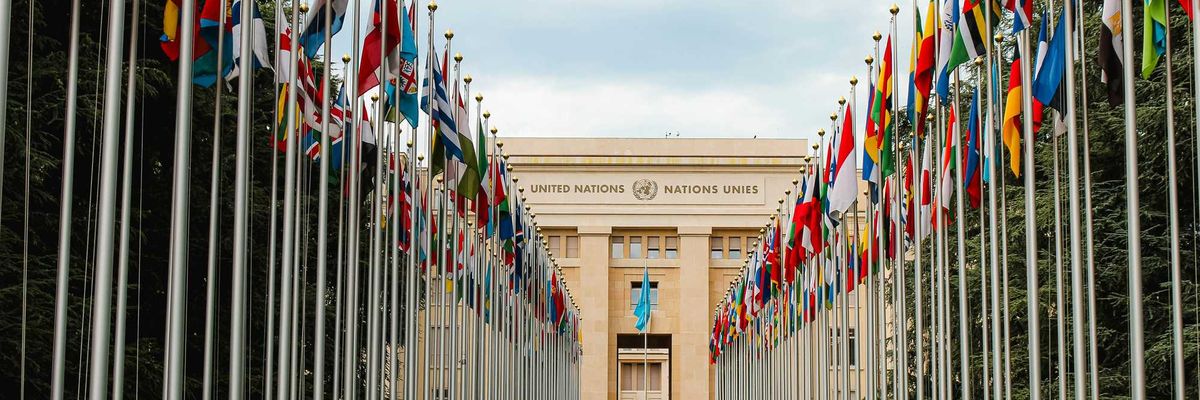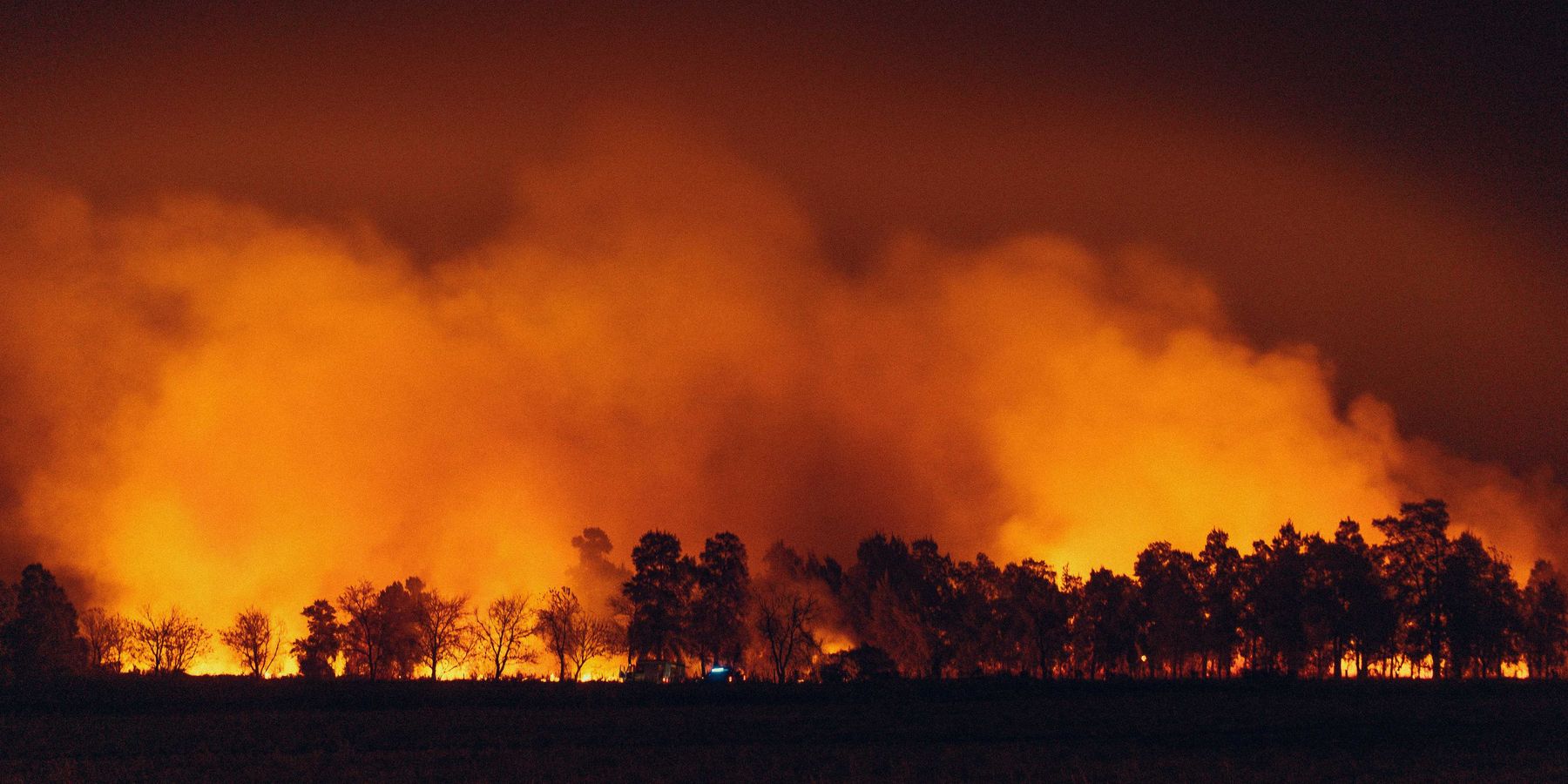maldives
Maldives' race to expand land raises environmental and social concerns
The Maldives is undertaking large-scale land reclamation to combat land scarcity and rising sea levels, but this move has sparked widespread environmental and societal concerns.
In short:
- Land reclamation in the Maldives involves dredging ocean floors to create new land, affecting marine ecosystems and local communities.
- Environmentalists and scientists warn that such projects harm coral reefs and disrupt natural sediment flows, increasing vulnerability to climate impacts.
- Despite government claims of economic development, local critics argue that new land has remained underutilized and has not addressed fundamental economic needs.
Key quote:
“Atolls are extremely vulnerable ecosystems."
— Bregje van Wesenbeeck, scientific director of Deltares
Why this matters:
The Maldives' strategy to secure its future against sea-level rise through land reclamation might cause more harm than benefit. The push to create more land — mainly to boost infrastructure and tourism — stirs significant concerns over the destruction of marine habitats, particularly coral reefs that are vital not only for biodiversity but also for natural storm protection. Socially, these developments spark debates about sustainability and the long-term livelihoods of local communities, many of whom rely heavily on the natural resources that are now under threat.
As flooding increases, these cities are designed to work with - not against - the water
Cities’ relationship with water is a fragile balance. Too little leads to parched landscapes and water shortages; too much can cause deadly flooding, washing away homes, lives and livelihoods.
Artificial urban islands could supply homes in Maldives as waters rise
High-rise cities on two or three reclaimed islands up to 6 metres above sea level could secure the long-term future of the Maldives in the face of climate change.
New-build islands proposed to save low-lying nations from rising sea levels
Inside the final moments of loss and damage at COP
Climate talks in Egypt were down to the wire when two words helped break the deadlock over a contested idea to create a fund for nations that are losing land and people to climate change. The phrase — “particularly vulnerable” — came from a minister whose homeland is being consumed by the Indian Ocean.
Explainer: How close are we to passing 1.5 degrees Celsius of global warming?
Some countries at the U.N. climate talks have reportedly suggested the now heavily endangered 1.5C goal is unrealistic and should be removed from any agreement in Egypt, but others - including the low-lying Maldives - have insisted it remain.









